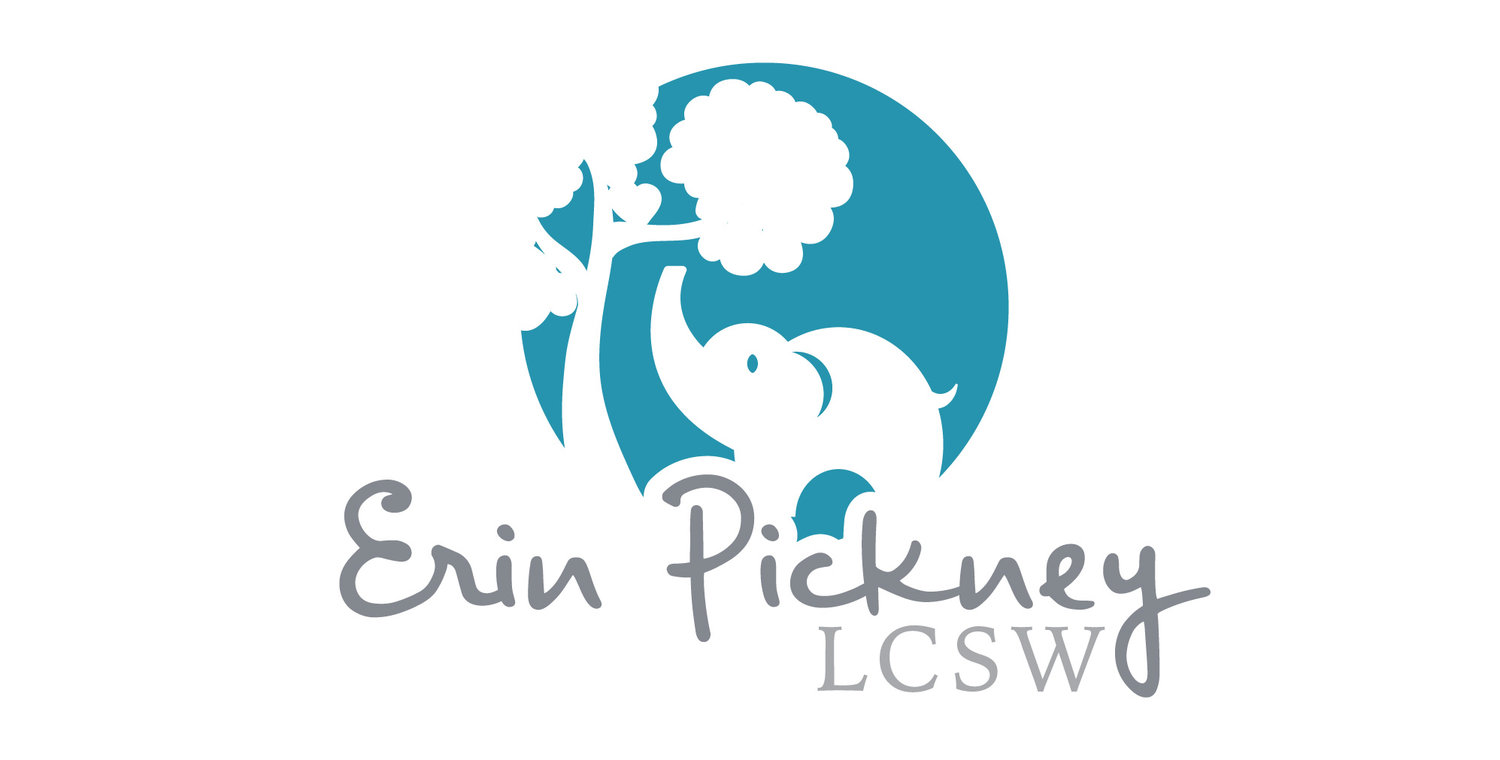The Power of Vulnerability: How Deep Connections Can Improve Your Mental Health
Vulnerability just sounds scary, doesn’t it? Opening yourself up to share with someone else, knowing that you could get hurt for doing it… Yep, that sounds terrifying. Why would anyone want to be vulnerable with someone else? Our culture certainly doesn’t suggest that vulnerability is a strength. In fact, it is often painted as a weakness, but is it really?
As a species, we are designed to be in relationships with others. Speaking from an evolutionary perspective, we needed close relationships with others to stay safe in the world. If we were on our own, we were defenseless. In our modern society, we are no longer required to have those types of relationships to survive. In fact, with so much technology at our fingertips, we can feel like we have relationships with hundreds of people we haven’t spoken to in years. I know all about what’s happening with so many of my high school classmates and their families… and we’ve not seen each other or directly communicated since we graduated. It creates a false sense of community and connectedness, when what we really have is just quick news bulletins and no real connections.
In order to develop deep relationships with others, we have to share the core of who we are with them. If we keep everything on the surface, if we only share what feels safe, then we don’t develop the connections to sustain supportive, mutually beneficial relationships. We just develop acquaintances - good friends to hang out with, but who don’t really know the truest versions of ourselves. Followers on Instagram and friends on Facebook who know the tidbits of information we put out there, but who have no idea who we really are or what we’re going through on a day to day basis.
Having deep, meaningful relationships with others can be key in alleviating symptoms of depression and anxiety. Knowing that you have someone to call when you’re struggling who can help you try to distract yourself or who can simply come sit with you so you’re not alone can be really helpful. While those close people may not fully understand or know how to help, their willingness to be there in rough times is meaningful and important. Knowing that you are truly seen and loved is important. Knowing that you are more than a cool picture posted to social media is important.
So, how do you develop those types of relationships? First, you have to spend actual time with people. Go to dinner and talk about your week. Go for a hike or climbing or to a painting class together. Even just grabbing coffee to chat for a bit is a great start. Next, you have to be vulnerable. Now, that doesn’t mean you have to be vulnerable with everyone all the time. You don’t need to walk around with your heart on your sleeve, so to speak, and share your entire life with every person you meet. In fact, I’d recommend against that course of action! Instead, as you begin to develop relationships or decide you want to strengthen relationships you already have, slowly reveal more of your true self to those chosen few with whom you want to have a close relationship.
Take small steps – perhaps letting them know about something that feels safer, like maybe a dream or life goal that you have. Over time, gradually let them in on things that feel scarier, like maybe your struggles with anxiety or depression. You can gauge their reactions and level of support with the safer things to determine if you think they would be supportive of the scarier things. Before you know it, you’ll have a really good friend or maybe even a significant other with whom you feel really safe.
If this all feels too overwhelming to even consider, it might be a good idea to look into therapy. Obviously, I’m a therapist, so of course I’ll say that! Truthfully, though, having a third party who can see all of you without the pressure of having to maintain a friendship with them can be really helpful. They can help you learn ways that work for you to develop connections. They create a safe space to share that you’re having a hard time. They can help you overcome those negative core beliefs that have been holding you back. If you’re thinking about starting in therapy, but aren’t sure what that looks like, you can check out my post about it here. Although it is written about the specific process with me, my process and other therapist’s processes are fairly similar, so it should give you a good idea what to expect. I hope your journey towards vulnerability and connection leads you to the outcomes you are seeking.
